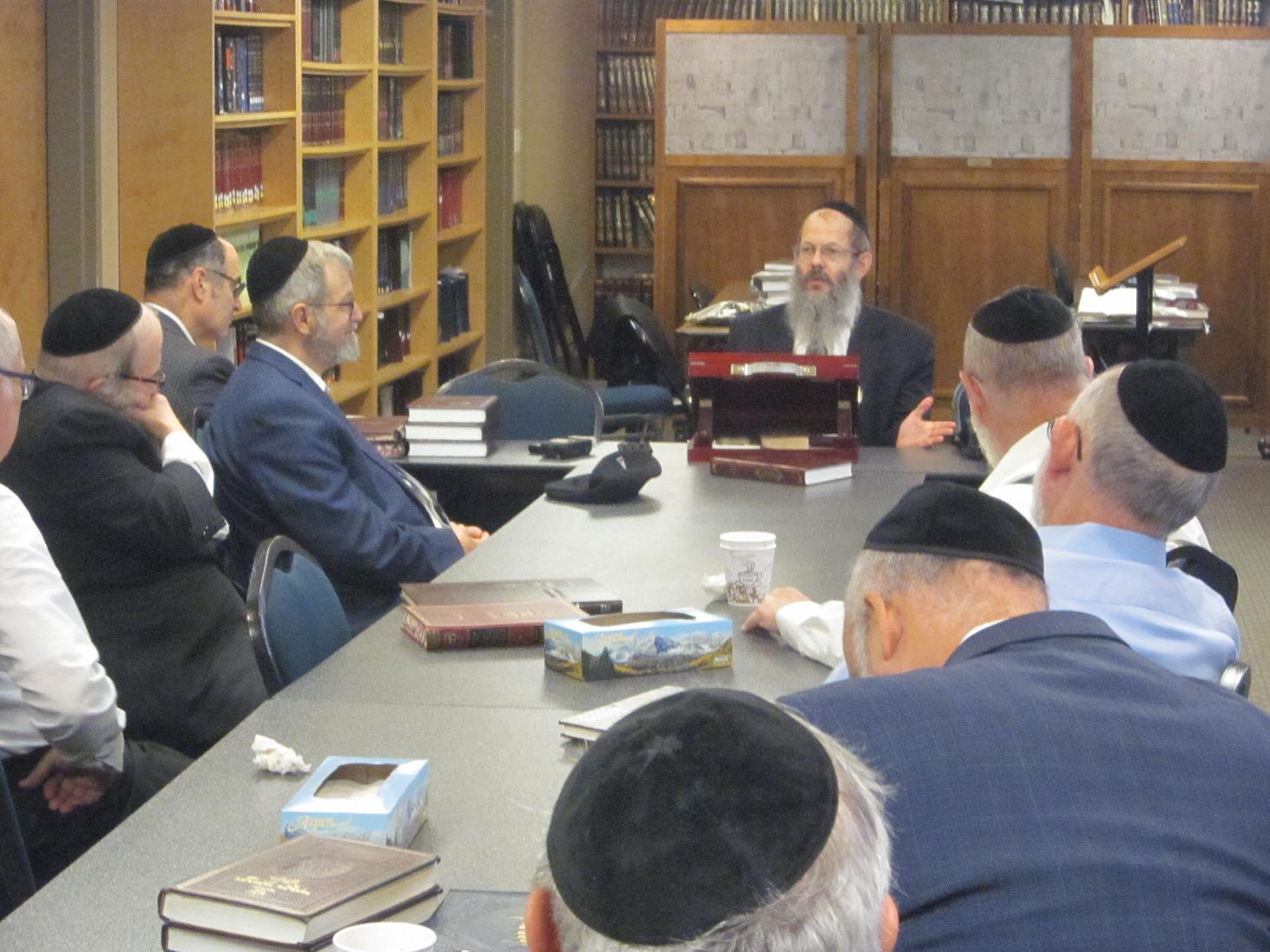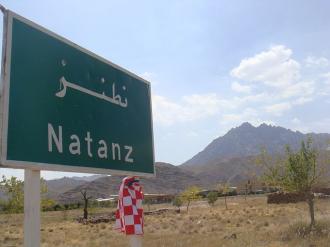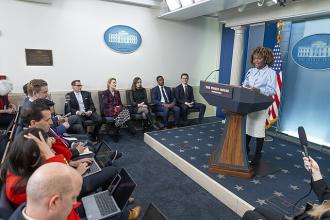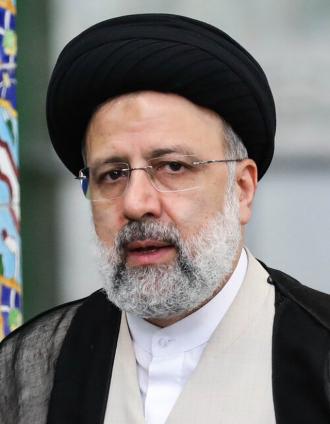Just a year ago, as our nation celebrated Labor Day, men of all ages, stages, backgrounds, and walks of life celebrated and enthusiastically participated in the opening day of Agra D’Pirka in Baltimore. The organized, high-level Monday-Thursday morning Kollel learning program, including a light breakfast, is geared towards local professionals, business owners, college students, retirees, or anyone who wishes to increase his morning limud haTorah.
However, Baltimore is no longer the “newest kid” on the Agra D’Pirka block, which includes the vast network of Agra D’Pirka locations including: Kew Gardens Hills, Flatbush, Boro Park, Monsey, Lakewood, Miami, and Boston. Agra D’Pirka recently announced that it will further expand to include programs in Los Angeles and West Palm Beach.
This year’s Labor Day Agra D’Pirka program in Baltimore, held on Monday, September 2, featured Rabbi Dovid Heber, shlit”a, Rav of Khal Ahavas Yisroel Tzemach Tzedek, which hosts the program.
In preparation for Rosh Hashana, Rav Heber, the author of Sefer Shaarei Zmanim on the complexities of the Jewish calendar and time in Jewish law, discussed how the time of the molad (new moon) affects when Rosh Hashana begins. He elaborated on the rules of the molad times including Lo Adu Rosh, that Rosh Hashana can never occur on Sunday, Wednesday or Friday - even if the molad occurs on those days. Making it especially relevant to this coming Rosh Hashana, Rabbi Heber indicated that this coming Molad for Tishrei occurs on Sunday, but Rosh Hashana is a day later to ensure that Hoshana Rabba occurs on Sunday and not Shabbos so that we can properly fulfill the mitzva of Aravos.
Next, Rav Zvi Einstadter, shlit”a, Maggid shiur, Yeshivas Ner Yisroel, addressed the pasuk in the parsha of the week -- “lo sossur min hadavar… yamin u’samol“. He extrapolated on the Rambam that speaks about not deviating from what Chazal were misakin, and how anything that Chazal tell us we need to do, turns into a din from the Torah. This makes everything the chachomim say into a level of d’oraisa, of coming from the Torah. So, how can we be more lenient on things that are m’drabonon, as opposed to a m’doraisa?
Rav Einstadter mentioned, for example, if a person is not sure if he recited Birkas Hamazon, a bracha that is m’doraisa, he does have to recite it, but if he is not sure if he recited the bracha Shehakol, a bracha which is m’drabonon, he does not have to say it. If every single m’drabonon is on the same level as m’doraisa, according to Chazal -because of the pasuk “lo sossur”, how can we be makil on the latter? The Rav clarified that Chazal only instituted these halachos when there was no doubt that the bracha was mistakenly omitted.
While Baltimore participants were shteiging, another major Agra D’Pirka success was held at the FountainView shul, in Monsey. HaRav Eliezer Lieff, shlit”a, Rosh Yeshiva, Yeshiva Gedola of South Monsey, discussed preparing for Elul. The Rav noted that dveykus in HaKadosh Baruch Hu should be like a father-son relationship. He also explained the importance of having a Rav, or someone to give you Mussar and being misdabek to learn from his Mehalech Hachayim, in order to grow in Yiddishkeit.
Next, Rabbi Benzion Bamberger, the Maggid Shiur of two Agra D’Pirka shiurim in Monsey, went in depth explaining the halochos of Shofar gezulah and the various opinions regarding avodah zarah, as well as teshuvah and how to tackle the yetzer harah.
Meanwhile, in Flatbush, Rav Aharon Kahn, shlit”a, Mora D’Asra, Knesses Bais Avigdor, spoke about the Rambam’s review on Torah in the context of making a living. Rav Moshe Scheinerman, shlit”a, Mara S’Asra, Bais Hamedrash Imrei Tzvi, spoke about the importance of coming close to Hashem during the special days of Elul. Subsequently, Rav Fishel Schachter, Maggid Shiur, Yeshiva Torah Vodaas, spoke about the need to make space for others, and how if you make space for others you are really making space for yourself. He emphasized how one has to see Hashem’s hashgacha in everything that is experienced during the course of the year.
As one Baltimore participant rushed out the door at the conclusion of the program, he mentioned, “It’s a fantastic break in the middle of the day. The shiurim cover a wide spectrum of subjects, some of which no one will have ever learned before, and some of which no one will have had the knowledge to seek out the answers. That is one of the major attractions of Agra D’Pirka.”
Joey Pollak, a first-time Agra D’Pirka-Baltimore participant, shared, “I’m going to be 70 soon. Although, I am still working full-time as a CPA, one of my goals is to attend the Agra D’Pirka program, just not on legal holidays, but every morning, so I can start my day off with a shiur before going to work. My plan is not to retire, but I would like to participate more in this program.
“I got a double benefit today, listening to Rav Einstadter and Rav Heber,” continued Mr. Pollak. “I am signing up now for Agra D’Pirka and it was a great start today. I hope to participate in the program more as time goes on, but time will tell how much I will be able to accomplish – there are still demands with Tax Season, but I’m hoping that this is something that I can effectively pursue.”
Eli Sofer, coordinator of the Baltimore program, concluded, “Agra D’Pirka fills a void. People who cannot learn full-time can at least get a sprinkling. We are zoche to hearing the greatest talmidei chachomim in our community – including a wonderful Iyun shiur given by Rabbi Yaakov Herskovitz – as well as world-famous speakers, on a daily basis. Anyone who hasn’t yet tried Agra D’Pirka will never know how enjoyable it is until they try it.”


.png)















